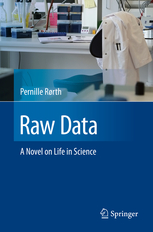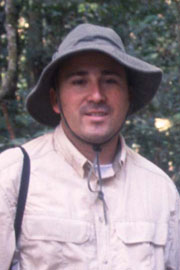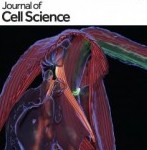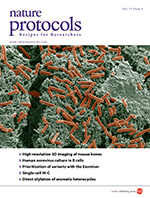 Pernille Rørth is not your typical novelist. She was a scientist for 25 years and was also editor-in-chief of the EMBO Journal for five years. But now, she’s written a novel – Raw Data – about an incident of misconduct that forces a top lab in Boston to retract a prominent Nature paper. The novel exposes how scientists – even the most well-intentioned – can crack under the intense pressure of such a career-killing event. (There’s even a twist at the end.) We spoke to Rørth about her novel, and what she wants it to achieve.
Pernille Rørth is not your typical novelist. She was a scientist for 25 years and was also editor-in-chief of the EMBO Journal for five years. But now, she’s written a novel – Raw Data – about an incident of misconduct that forces a top lab in Boston to retract a prominent Nature paper. The novel exposes how scientists – even the most well-intentioned – can crack under the intense pressure of such a career-killing event. (There’s even a twist at the end.) We spoke to Rørth about her novel, and what she wants it to achieve.
Retraction Watch: Misconduct is – thankfully – a relatively rare event in science. Why write a novel about it? Continue reading When misconduct strikes: A fictional tale








